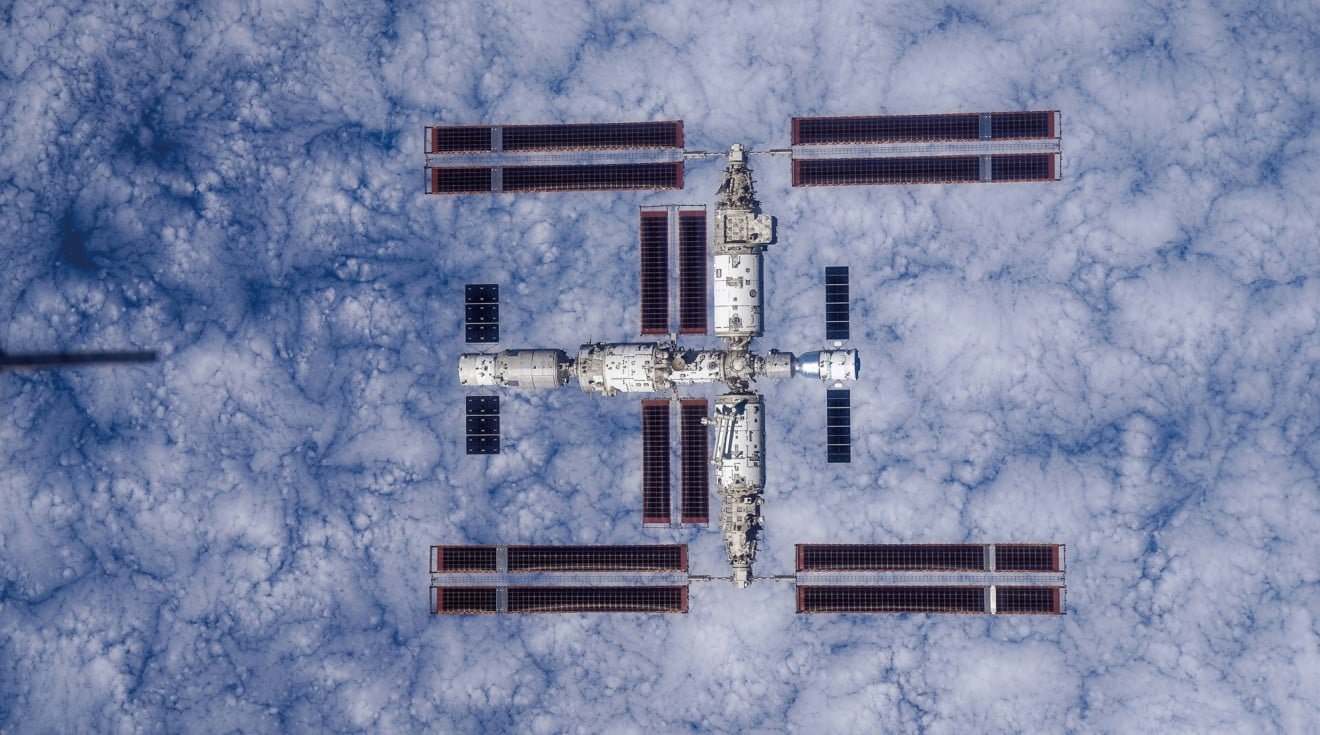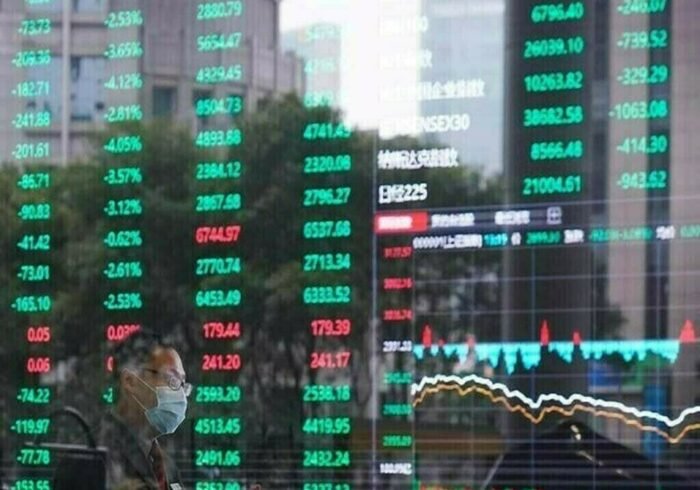Chinese Astronauts Achieve Breakthrough by Producing Oxygen and Rocket Fuel Ingredients in Space
In a groundbreaking achievement, Chinese astronauts have successfully produced oxygen and key ingredients for rocket fuel while aboard a space station. This milestone marks a significant step forward in humanity’s efforts to sustain long-term missions in space and further deepens China’s advancements in space exploration.
The experiment, conducted aboard China’s Tiangong space station, involved splitting carbon dioxide through a chemical process to produce oxygen and methane. The methane, a vital component of rocket fuel, could potentially be used for future spacecraft refueling missions. This innovative approach demonstrates the feasibility of using in-situ resources, reducing reliance on Earth-based supplies for long-duration space missions.
The Chinese space agency revealed that the astronauts utilized an advanced electrochemical system to separate carbon dioxide into oxygen and other useful byproducts. This process, called “electrolysis,” is a promising technique for recycling air and producing essential materials in space. Such technology is crucial for sustainable life support systems and interplanetary missions, including potential future expeditions to the Moon and Mars.
“This breakthrough underscores our commitment to advancing space science and technology,” stated a spokesperson from the China National Space Administration (CNSA). “The ability to generate vital resources like oxygen and rocket fuel ingredients directly in space could transform the way we approach human space exploration.”
China’s space program has been making significant strides in recent years. The Tiangong space station, now fully operational, serves as a hub for cutting-edge research and international collaborations. The station is a key part of China’s broader vision to establish a long-term presence in space and explore the potential of space-based resource utilization.
The ability to produce oxygen and fuel components in space not only supports extended missions but also reduces the cost and logistical challenges associated with launching large quantities of supplies from Earth. This innovation could pave the way for more ambitious endeavors, such as constructing permanent bases on the Moon or Mars, where local resources could be similarly harnessed.
Experts have lauded the achievement as a major step forward in the global race for space innovation. “China’s successful demonstration of oxygen and fuel production in space showcases their growing expertise in space sustainability,” said an international space analyst. “This capability is a game-changer for deep-space exploration.”
The breakthrough aligns with China’s ambitious space goals, which include launching crewed lunar missions and establishing a lunar base in the coming decades. It also highlights the importance of collaboration and technological innovation in overcoming the challenges of space exploration.
As the world continues to look to the stars, China’s success in producing oxygen and rocket fuel ingredients in space represents a remarkable leap forward, bringing humanity one step closer to realizing the dream of long-term interplanetary exploration.





